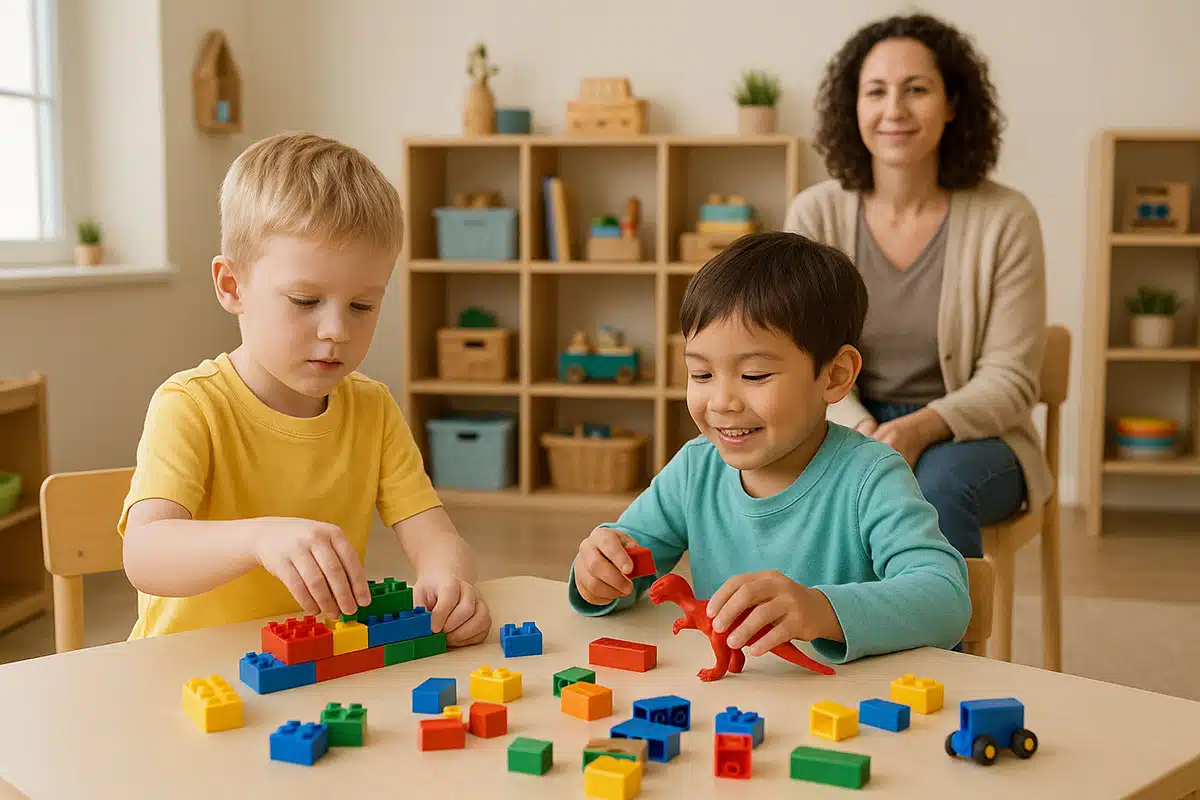
What ADHD Really Feels Like: A Day in the Life of a Distracted Mind
Step inside a child’s mind with ADHD to understand their daily struggles, challenges, and hopes—told with compassion and insight.

For children on the autism spectrum, navigating social situations can feel like trying to decode a language no one ever taught them. While they may long for connection just like their peers, elements such as social cues, group dynamics and unspoken rules of communication can present daily challenges.
But here is the good news. With the right support, children with autism can build meaningful friendships and strengthen their communication skills. As parents, educators and siblings, your guidance can make a world of difference. Let’s explore how we can create a more inclusive, understanding environment, one that helps every child thrive socially.
Autism does not mean a child is not interested in others. It just means they may interact differently. Many children on the spectrum experience difficulties such as:
These challenges can sometimes lead to isolation, misunderstandings or frustration. But when adults step in with empathy and tools, kids can gain the confidence to connect.
Parents are often the first social coaches in a child’s life. Here is how you can nurture stronger connections:
Teachers and support staff play a vital role in fostering inclusive classrooms. Here are a few strategies that can help make a difference:
Siblings of children with autism often serve as advocates, role models and best friends. But they need support, too. Encourage:
Their bond can be a powerful source of comfort and learning, for both siblings.
Social development does not follow a straight path, especially for children on the autism spectrum. There will be good days and hard ones, breakthroughs and setbacks. What matters most is consistency, compassion and a belief in your child’s potential.
At Pediatric Consultations, we are here to walk that path with you. From personalized guidance to supporting your child’s emotional growth, we believe every child deserves the opportunity to connect, feel included and be truly understood.

Step inside a child’s mind with ADHD to understand their daily struggles, challenges, and hopes—told with compassion and insight.

Youth sports injuries can affect more than the body. They also impact mental health. Here is how to support full recovery.

Due to a sudden serious and ongoing medical issue, Dr. Peter Halas has closed his Pediatric Consultations practice.
Dr. Halas is deeply grateful for the trust, kindness and connection shared with patients and families throughout the years. It has been an honor to care for your children and to be part of your lives.
For any ongoing medical needs or referrals, please contact your primary care provider. Dr. Halas wishes each of you continued health and happiness.